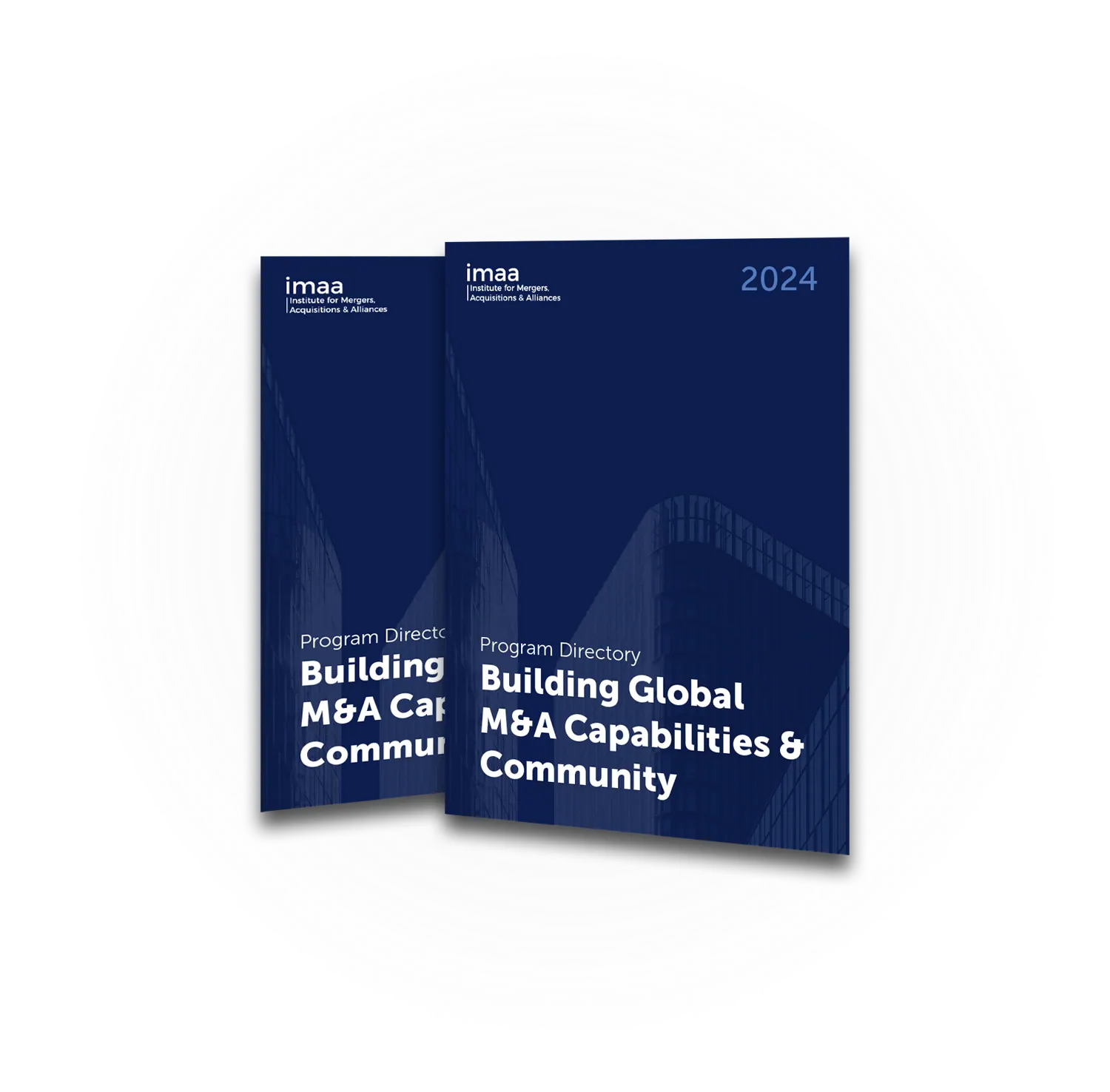I feel your pain on this one!
Having managed efforts covering a few hundred thousand hours of work (mergers and otherwise) and typically starting from scratch with not formal documentation or artifacts, I would say that true playbooks do exist but the definition of Playbook differs from organization to organization.
Most recently an organization asked me to develop playbook that in my opinion was an instruction manual intended to be used by professionals in the field (about 5k resources). I personally would not have called this a “playbook”. I’ve also seen playbooks that were nothing more than a collection of templates which I would call a tool kit.
The best I’ve seen are detailed and developed near the end or after large efforts. The playbook in these cases represents the ultimate lessons learned and more. In these instances, ideal playbooks included;
• All artifacts and key documents.
• Risks, Issues and mitigations
• Decisions with context of what and why a decision needed to be made
• Any considerations that were not undertaken (decisions as well)
• Scope documents
• Schedules and summaries of activities that were performed in each functional area.
• Quality assurance approach, testing & validation strategies
• Old benchmarks and new targeted metrics for functional areas
• Plans to sustain the benefits achieved
The thought is/was that documentation is needed in order to be able to look back on and know if we considered certain factors, why we made certain decisions, what exactly did we do, what were the concerns etc. Also, if this effort or one similar was undertaken in the future, this playbook would or could then be followed and dramatically increase the probability of success. I favor this approach.
Creating a tool kit ahead of the effort is easy, however drafting an ideal playbook to the extent of my example above simply can be done ahead of an effort. In my opinion, it must already exist. While the best SMEs available may be on the team, they can’t predict the future and this in turn means there will be surprises along the way.
All things considered, we must often take lemons and make lemonade. What I have done (when the info is available) is once a high level understanding of the work is understood, is to review the lessons learned repository and all PMO documentation for cases and projects that are similar to the new effort and have used that information to begin developing a playbook. This beats a blank … but it should still be updated at some point to create a document that would be much more valuable in the future.



